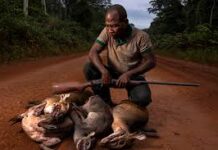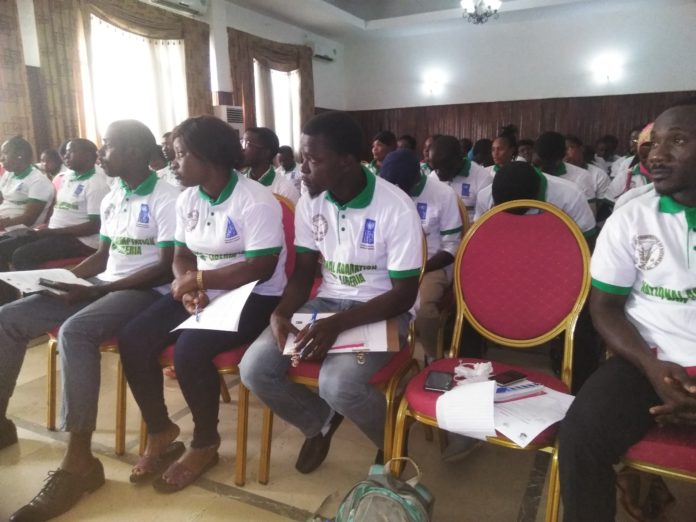By Joseph O. Sayon/JPN-Liberia
Liberia has taken a more proactive and sustainable steps to reduce the risk and threat that climate change poses to the Country by embarking on the implementation of the National Adaptation plan project which seeks to design program that tackle its impact on Liberia.
The National Adaptation Plan is a universal document development by environmentalists in an attempt to take global action in fighting the impact of climate change.
As part of efforts to make the plan workable in Liberia with the aim of reduce the risk and threats pose by climate change through training and education, Green Climate Fund through the United Nations Development Programme (UNDP) and the Environmental Protection Agency of Liberia (EPA) are continuing training for community based organizations to be resilient in the effect of climate change.
The NAP project which was launched in early February 2019 in four of the fifteen counties of Liberia is focusing on local communities in these areas to take the lead in combating climate change issues.
The four counties which have been widely hit by sea erosion include Montserrado, Margibi, Grand Bassa and Grand Cape Mount.
In Montserrado County about 70 young people were training as volunteers, while 50 were trained in Grand Bassa County and 45 each from Grand Cape Mount and Margibi Counties received training climate change sensitive approaches by planting tree, clean drainages and prevent people from building in the waterway which are major contributors of flooding.
The training program is implemented by the Society for the Conservation of Nature (SCNL). Speaking at training for community volunteers in Montserrado County recently, SCNL Executive Director Michael Garbo reminded the beneficiaries that climate change is everybody business and there was need to take concrete action that will help reduce the impact.
Flooding in Liberia
Mr. Garbo urged the volunteers to serve as climate change ambassadors by educating people in their respective communities to protect wetland, stop building in waterways and clean their drainages and communities to avoid flooding.
He noted that planting trees along the Atlantic and reducing sand mining with drastically stop the widespread sea erosion that had wash away communities along the Atlantic Ocean.
In recent years dozens of people homes in and around Monrovia had been swallow by flood water, thereby rendering them displace.

























